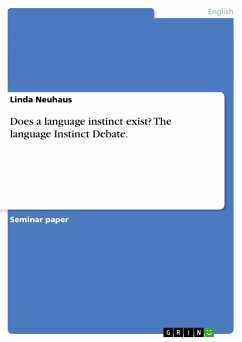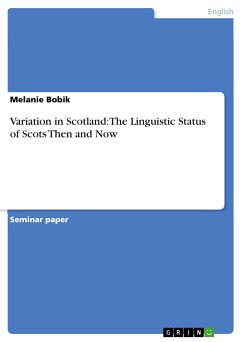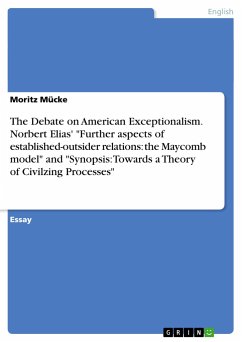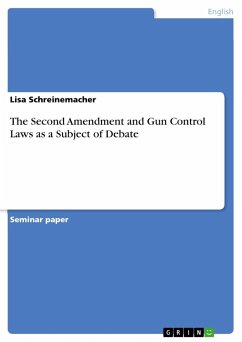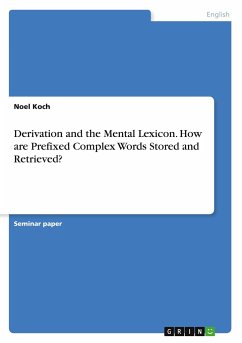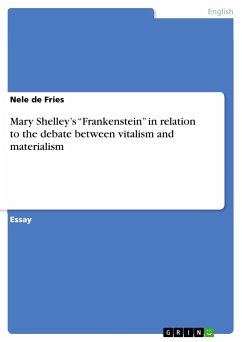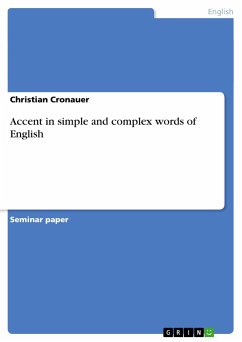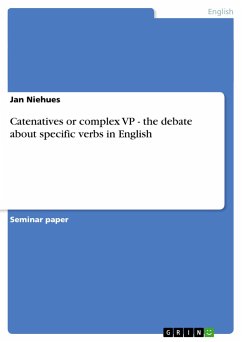
Catenatives or complex VP - the debate about specific verbs in English

PAYBACK Punkte
0 °P sammeln!
Seminar paper from the year 2005 in the subject English Language and Literature Studies - Linguistics, grade: 1, University of Marburg, course: Problems of English Grammar, language: English, abstract: Most linguists agree that there is a particular feature of certain verbs like e.g.want, begin, try or seem that sets them apart from other verbs: their ability to becombined into chains of verbs, to 'catenate' (Lat. catena: chain).(1) I don't want to have to be forced to begin to try to make more money. (Palmer1987: 172)The term usually used for these verbs is 'catenative verbs'. There remainsso...
Seminar paper from the year 2005 in the subject English Language and Literature Studies - Linguistics, grade: 1, University of Marburg, course: Problems of English Grammar, language: English, abstract: Most linguists agree that there is a particular feature of certain verbs like e.g.want, begin, try or seem that sets them apart from other verbs: their ability to becombined into chains of verbs, to 'catenate' (Lat. catena: chain).(1) I don't want to have to be forced to begin to try to make more money. (Palmer1987: 172)The term usually used for these verbs is 'catenative verbs'. There remainssome form of disagreement about almost every aspect of these verbs, however,ranging from the question which verbs actually are catenative, to the problem ofhow to analyse or categorise them. Some linguists even question the need todefine a class of catenative verbs in the first place. Huddleston concedes that:"This is one of the most difficult areas of English grammar and despite a great dealof intensive study over the last twenty years there remains much disagreement overthe most basic aspects of the analysis."(Huddleston 1997: 209)The treatment of the grammatical phenomena is further complicated by thefact that linguists tend to introduce their own categories or descriptions forexisting categories. This is particularly evident in the argument of modals vs.auxiliaries vs. operators.An approach differing from that traditionally taken by grammarians is thatpresented by Dieter Mindt who bases his observations on the analysis of a corpusof actual language.This paper gives an overview of the theories concerning catenativeverbs, their relation to the auxiliaries and their features of clausecomplementation. Due to the scope of work that has been published, only themain approaches will be considered. The field of semantics in particular wouldmerit a much closer look on the effects of sentence taxis.




